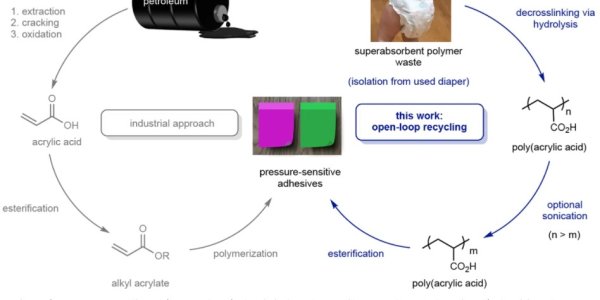Hunting And Conservation: Why Environmentalists Should Be Allies
In the modern environmental era, activists are mostly among a political tribe that opposes activities like hunting but they should not be. Hunters, fishers, and others are terrific stewards of nature…






